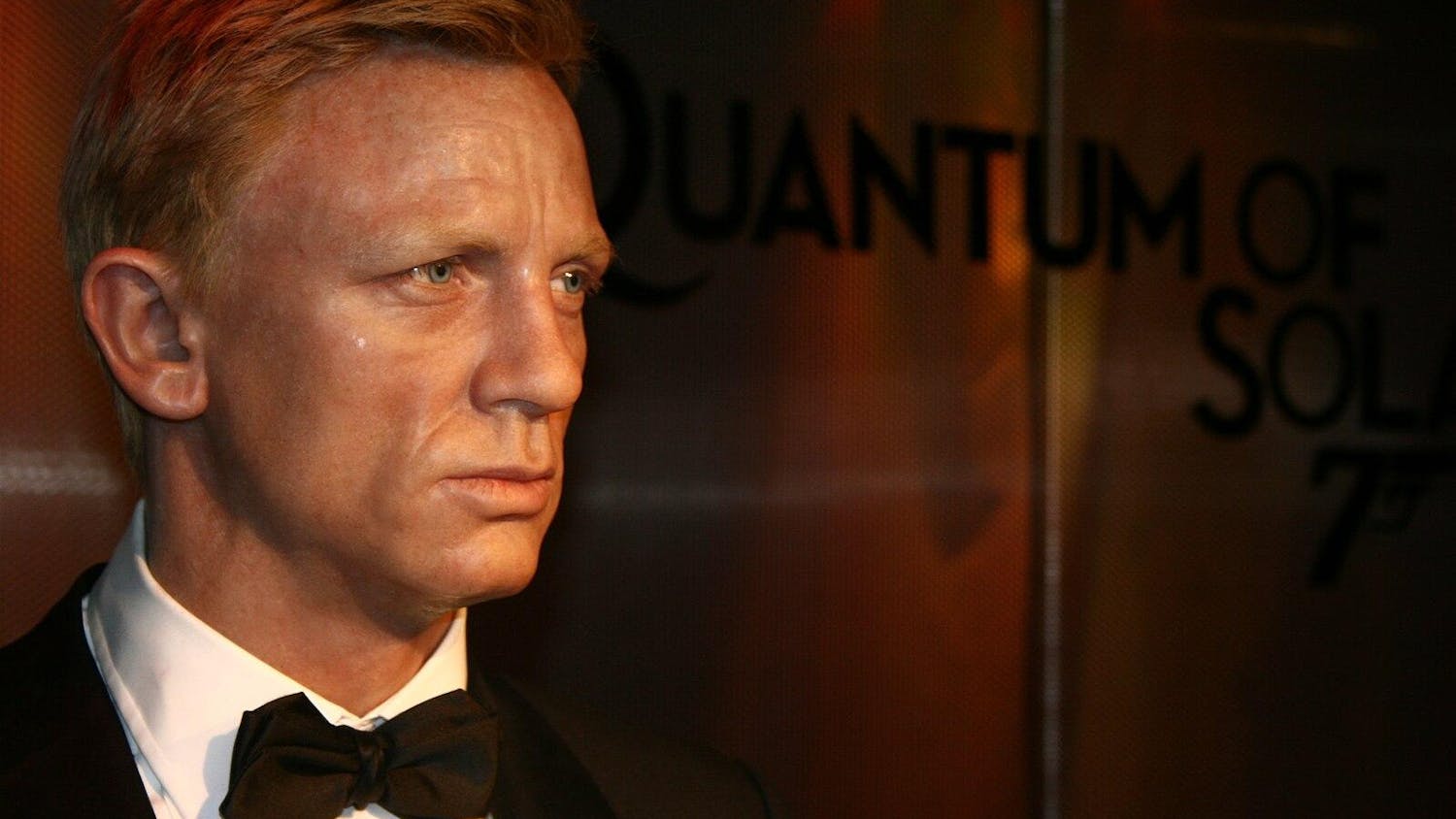When I say Superman, I'll bet a similar thought pops into all of your heads: a man bulging with muscles, draped in the American flag with a smile on his face while he zips through the sky. What you may also think, as many modern readers and viewers do, is that he’s a bit silly. Admittedly, he can seem hokey — he’s the ultimate power fantasy and for some, his antiquated morality plays that make up his adventures can be construed as insincere in a world where we demand our protagonists to be deeper, and at times more brutal. To the Superman detractors of the world, I present Action Comics #775: “What’s So Funny About Truth, Justice & the American Way?” by Joe Kelly with art by Doug Mahnke and Lee Bermejo.
“What’s So Funny About Truth, Justice and the American Way?” was released in 2001 as a response to the increasing popularity of the superhero group, “The Authority,” who used its superpowers as violent remedies for the ills of the world. "The Authority" is paralleled by the central antagonists of Action Comics #775, “The Elite." Though not a one-to-one parallel, the four members of The Elite, (Manchester Black, Menagerie, Coldcast and Hat) are all immensely powerful characters described as exhibiting “a power discharge of biblical proportions."
The core dilemma of the book deals less with the action, though, and instead with the battle of public opinion. The reader rides along with Superman as he uses his super-hearing to listen to the people of Metropolis, picking up snippets of information such as from a man who suggests that The Elite’s policy when dealing with supervillains should be to “Kill ‘em all.” More disturbing, though, is Superman overhearing a child who "wanted to be in The Elite because it would be fun to kill bad guys." Tensions grow between Superman and The Elite until the two factions decide to hold a final showdown to determine earth’s protectors, much to Superman's chagrin.
The battle is taken to Io, a moon of Jupiter, and broadcast for the whole world to see. The battle is exhilarating, with The Elite slowly breaking down Superman until he finally snaps and kills all but Manchester Black. Black, a powerful psychic, tries to attack Superman telekinetically but Superman burns out his psychic powers, using Black’s own retina to focus his heat vision into an “invisible scalpel." Just when it seems Superman has lost all control of his moral compass, he reveals his gambit. He only made it appear that Black's teammates had been killed and shows Black that the rest of The Elite are incapacitated, but safe. Black himself didn’t lose his abilities, rather Superman gave him the equivalent of a “focused concussion."
Black rants to Superman about how he’s “living in a bloody dream world,” to which Superman replies, “Dreams save us. Dreams lift us up and transform us. And on my soul, I swear until my dream of a world where dignity, honor, and justice becomes the reality we all share — I’ll never stop fighting."
Kelly scripts the scene beautifully, synthesizing the hope that is central to the Superman character and the ideals his character represents in one panel. Kelly's Superman is, to me, the elemental version of the character: a selfless man who believes that a better world is something worth fighting for, no matter what others think. Is it cliche to say 'follow your dreams?' Maybe, but is cynicism the correct response? Those are weighty topics for a book that most people would consider a child's fantasy.
Don't let its age fool you, Action Comics #775 is the comic for today. In the midst of unprecedented change, it is somewhat reassuring to have something that advocates for us all to dream big. Is it corny? Maybe, but it's as Kelly puts it: "Dreams save us."






